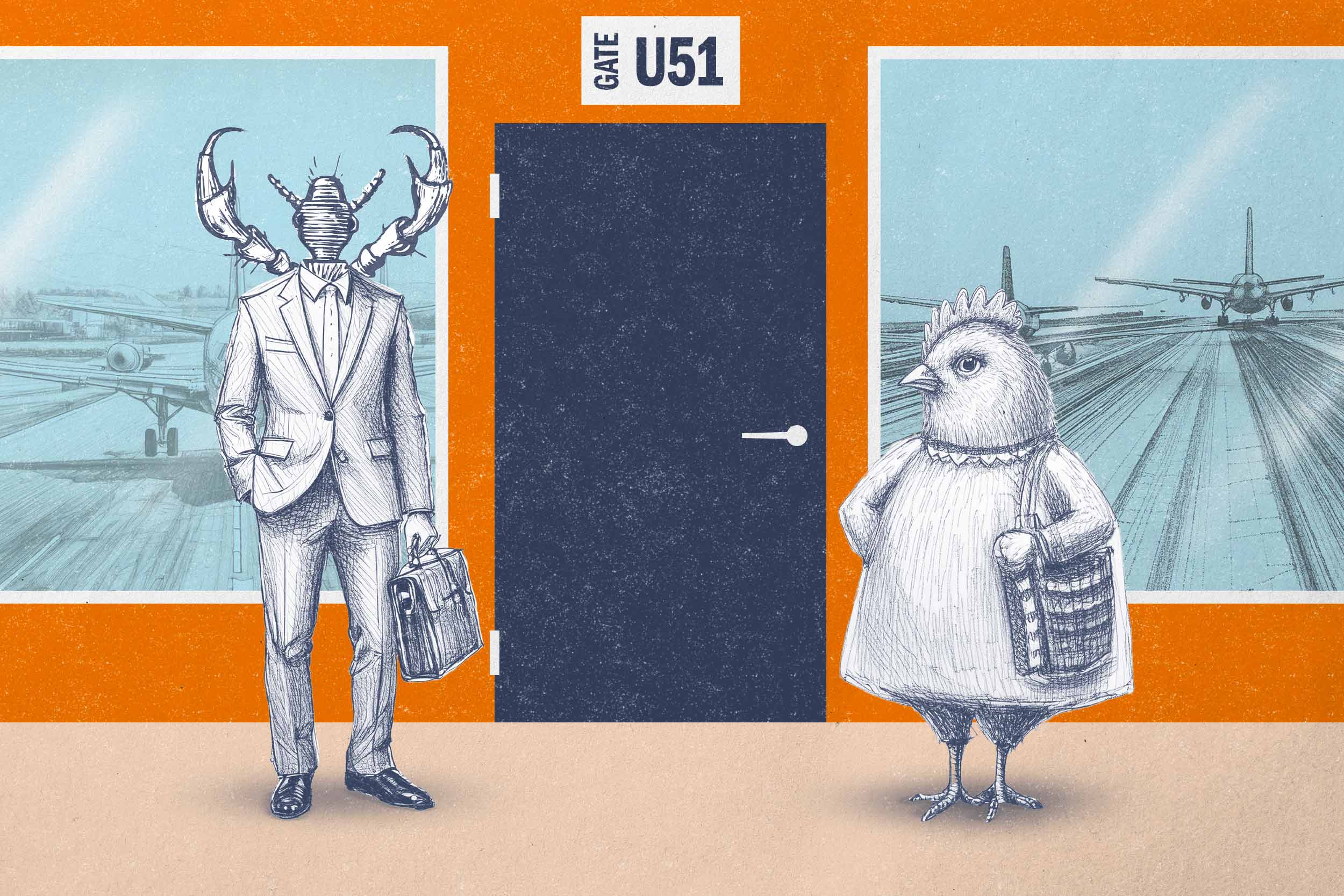Jobs
Jobs Americans Won’t Do

Jobs Americans Won’t Do
Our immigration policy is out of sync with our economy.
·
Monday, October 21, 2024
·
32 comments
AP’s Will Weissert: “Immigrants help power America’s economy. Will the election value or imperil them?“
He begins, as is the custom, with an anecdote that’s almost surely unrepresentative:
Few things say America like Janille and Tom Baker’s ranch, with its grazing cattle, scrub brush-dotted desert and snow-capped mountains.
If only they could get American citizens to work on it.
The ranch in remote eastern Nevada produces around 10,000 tons of hay annually, and combines cowboy culture with a dash of Manifest Destiny. Rabbits, gophers and the occasional badger always outnumber humans and the nighttime sky is dark enough to count the stars.
But the Bakers’ business couldn’t survive without an agricultural guest worker program that brings in Mexican immigrants for about nine months a year to help harvest crops in fields where temperatures frequently exceed 100 degrees Fahrenheit (37.8 Celsius).
“When people complain that foreign workers are taking their jobs, I roll my eyes,” said Janille Baker, who manages the ranch’s accounting. “In any industry, everybody’s trying to find help. So this anti-immigration stance doesn’t really make sense to me. If everyone needs workers, how are you planning to fill those jobs?” The ranch follows federal rules that require advertising available positions and making them available first to U.S. citizens. But in the last six years, only two Americans called to inquire about jobs. A third trekked out in person, but left after seeing what the work entailed.
Weissert doesn’t report, and the Bakers don’t report, what the job pays or what benefits it offers. But, much later in the piece, we get this:
Tom Baker co-owns the ranch with his brothers, and it began operating in 1954, nearly two decades before the area was electrified. He calls it “hard, hot work” that’s “kind of miserable.”
These kinds of farms, without immigrants, would become infeasible because you can’t get anyone to come do the work,” said Baker, 54. “The wage isn’t the issue. It’s whether people will come do the job.”
And, indeed, the ranch has subsisted on Mexican labor pretty much since its founding.
The ranch has 26 employees, including five current H-2A immigrant workers. Many of the oldest ranch hands arrived long enough ago to get U.S. legal status through 1980s programs. Some have children who were born in the U.S. and are citizens, even if one or both of their parents are not.
The guest workers declined to comment, not wanting to attract undue attention. Still, three generations of immigrant workers at the ranch largely hail from the towns of Apozol and Juchipila in north-central Mexico.
The original arrivals now have grown children. Some of them work at the ranch and have had their own children who are now in high school and work there themselves during the summers. One former employee’s wife had her baby in a ranch vehicle on the way to the hospital, about 80 miles away.
Essentially, then, the Bakers require people willing to do hot, dirty work in the elements, probably for a meager wage (one imagines the profit margin on hay is small). And, realistically, live on the ranch full-time, since it’s otherwise an 80-mile commute to civilization.
What percentage of the American economy consists of similarly-hard-to-fill jobs, I don’t know, but I’d imagine it’s pretty low.
Still, the larger point Weissert is trying to make is unassailable:
Immigration has become a source of fright and frustration for voters in this presidential election — with possible outcomes that could take the United States down two dramatically different paths. Nowhere are the stakes higher than in Nevada, where 19% of residents are foreign-born and around 9% of the total workforce doesn’t have U.S. legal status.
The influx of illegal border crossings has strained city and state resources across the nation, even in Democratic strongholds. And yet immigration has fueled job growth in ways that strengthen the economy and improve the federal government’s fiscal health.
So black and white in the candidates’ rhetoric, immigration is actually incredibly complex in reality — a fact that reveals itself every day in Nevada.
[…]
If Trump deported all 11 million immigrants without legal status in the U.S., as he has suggested, the collateral risk could extend to the entire economy. Nevada’s job losses alone might nearly equal what it suffered during the 2008 financial crisis. More than 10% of Nevada’s population lives in homes with at least one immigrant in the country illegally, according to estimates from the advocacy group Fwd.us.
“In our wonderful, 24-hour economy, we know that these hotels and casinos could not, should not, would not be able to open every day without immigrants,” said Peter Guzman, president and CEO of the Latin Chamber of Commerce in Nevada.
Acknowledging that Fwd.us has incentives to fudge the numbers, it’s doubtless true that the service economy, like the farm economy, consists of a lot of jobs with undesirable working conditions combined with low pay. If hotels paid the folks cleaning their bathrooms $100,000 a year plus benefits, they would be able to attract citizens and legal immigrants. But they’d have to increase prices to the point where most couldn’t afford to vacation in Vegas.
A group of researchers led by Warwick J. McKibbin, an economics professor at the Australian National University, found that removing workers in the U.S. illegally would sharply reduce labor supply in the mining, agriculture, services, and manufacturing sectors. Deporting even 7.5 million workers might slash Real Gross Domestic Product by 12%.
If Nevada lost all of its workers in the country illegally, Labor Department figures suggest the direct job losses would be roughly as large as those from the 2008 financial crisis, which stalled tourism, triggered a wave of housing market foreclosures and cost the state about 9.3% of its jobs during the subsequent Great Recession.
And rounding up people in the country illegally may not even count people like Zetino, Marquez, and Nieto, nor the guest workers at Baker Ranch, all of whom are authorized to be in the U.S.
Zetino, 62, gained temporary protected status since arriving after a major 2001 earthquake in El Salvador, but saw Trump try to remove it during his term.
“These people don’t have any conscience,” she said of mass deportation supporters. “They believe they can lift up the country, move the economy forward, but they don’t think of those at the bottom.”
As with many issues, neither Trump nor Harris really represent me very well. While I favor her instinct to treat these folks like the desperate human beings they are, I’m sympathetic to Trump and others who believe we have a right to control our borders and decide who we want to allow to enter the country and under what conditions.
Rather clearly, though, a lot of Americans want to have their cake and eat it, too. To the extent we want cheap labor willing to do “the jobs Americans won’t do,” our immigration policies should reflect that reality. It’s all well and good to say that you don’t oppose immigration, just illegal immigration, but we invite the latter if we make it next to impossible for people who we want here to immigrate legally.








